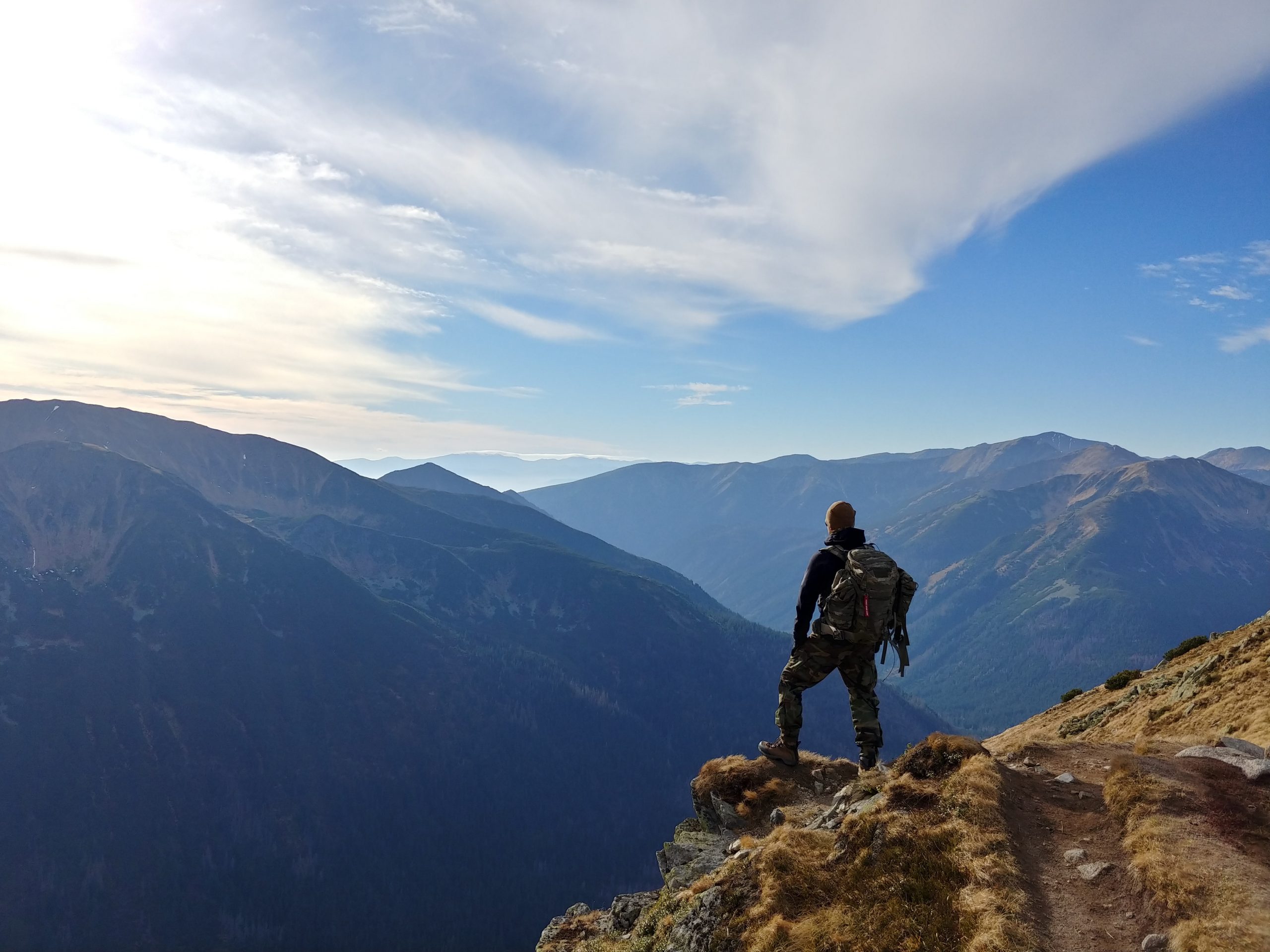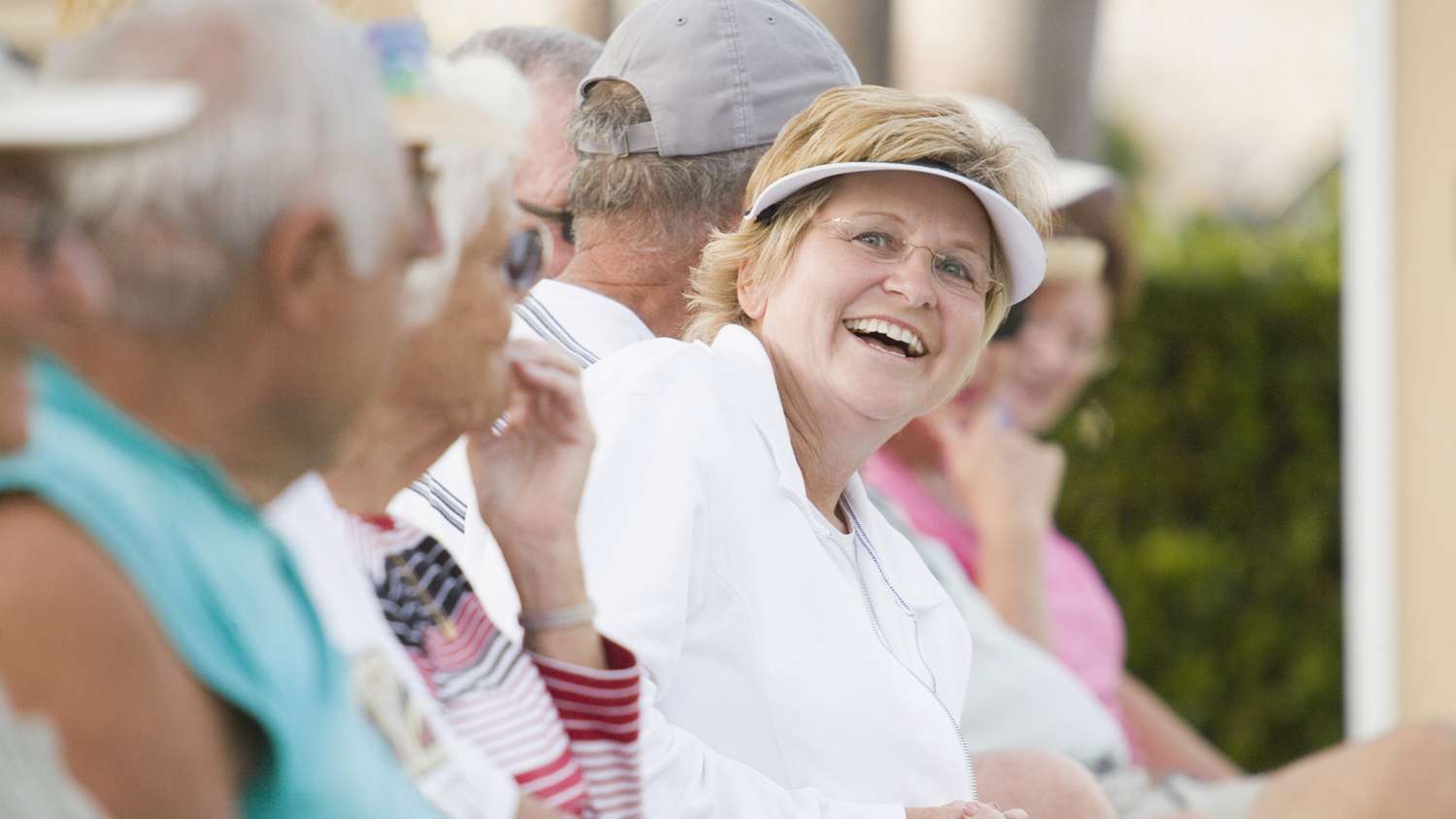Seniors traveling alone are experiencing a surge in popularity, with more retirees embracing independent adventures. This trend, however, presents unique challenges and considerations. From safety concerns to logistical planning and health considerations, navigating solo travel as a senior requires careful preparation and a proactive approach. This guide delves into the essential aspects of planning a safe, fulfilling, and memorable solo trip for seniors.
This article provides a detailed roadmap covering safety protocols, accessible transportation options, suitable accommodations, itinerary planning, health and wellness strategies, social engagement opportunities, budget management, and leveraging technology for a seamless journey. We aim to empower senior travelers with the knowledge and tools to embark on their adventures with confidence and peace of mind.
Accommodation Choices and Considerations
Choosing the right accommodation is crucial for solo senior travelers seeking a comfortable and safe journey. Factors such as accessibility, amenities, and location significantly impact the overall travel experience. Careful consideration of these factors ensures a relaxing and enjoyable trip, minimizing potential stress and maximizing independence.
Suitable Accommodation Options for Solo Senior Travelers
Several accommodation types cater specifically to the needs of solo senior travelers. Hotels, guesthouses, and vacation rentals each present unique advantages and disadvantages. Hotels typically offer a range of services, including readily available assistance, while guesthouses provide a more personalized and intimate atmosphere. Vacation rentals, such as apartments or cottages, allow for greater independence and self-catering options. The optimal choice depends on individual preferences and priorities.
Benefits and Drawbacks of Accommodation Types
Hotels: Hotels often provide excellent accessibility features, including ramps, elevators, and accessible rooms. However, they can be more expensive than other options and may lack the personal touch of smaller establishments. Safety is generally high due to 24/7 staff presence and security measures. Drawbacks may include impersonal service and a lack of kitchen facilities.
Guesthouses: Guesthouses offer a more intimate and personalized experience, often with opportunities for social interaction with the owners and other guests. Accessibility may vary considerably depending on the establishment; some may lack elevators or have limited accessible rooms. Safety generally depends on the specific guesthouse and its security measures. Benefits include a home-like atmosphere and potentially lower costs than hotels.
Drawbacks can include limited amenities and potential lack of accessibility features.
Vacation Rentals: Vacation rentals provide greater independence and flexibility, including the ability to self-cater and manage one’s own schedule. Accessibility features vary widely depending on the specific property; some may be fully accessible, while others may have significant limitations. Safety is the responsibility of the renter, though reputable booking platforms often offer security measures. Benefits include privacy, space, and cost savings compared to hotels.
Drawbacks may include lack of on-site staff and potential maintenance issues.
Selecting Accommodations that Cater to Senior Traveler Needs
When selecting accommodation, prioritize accessibility features such as ramps, elevators, grab bars in bathrooms, and wider doorways. Consider amenities that enhance comfort and convenience, such as readily available assistance, laundry facilities, and proximity to medical services. Read reviews from other senior travelers to gain insights into the accessibility and safety of a particular establishment. Booking through reputable platforms provides added security and protection.
Ensure the chosen accommodation offers adequate lighting and clear pathways to minimize the risk of falls. Confirm the availability of emergency contact information and procedures.
Discover how military travel website has transformed methods in this topic.
Comparison of Accommodation Types
| Accommodation Type | Accessibility | Amenities | Price Range |
|---|---|---|---|
| Hotel | Generally good, varies by hotel and room type. Often includes ramps, elevators, and accessible rooms. | Wide range, including restaurants, pools, fitness centers, and concierge services. | Mid-range to high |
| Guesthouse | Varies greatly; may lack elevators or accessible rooms. | Limited amenities, often including breakfast and shared common areas. | Budget-friendly to mid-range |
| Vacation Rental | Highly variable, depending on the specific property. | Can include kitchen facilities, laundry, and private spaces. Amenities vary widely. | Budget-friendly to high |
Health and Wellness While Traveling
Solo senior travel offers incredible opportunities for adventure and self-discovery, but prioritizing health and wellness is paramount. A proactive approach to health before, during, and after your trip ensures a safe and enjoyable experience, maximizing the benefits of your journey and minimizing potential risks. Failing to plan for potential health issues can significantly impact your trip and overall well-being.
Pre-Travel Health Checkups and Vaccinations
Scheduling a comprehensive health checkup with your physician several weeks before departure is crucial. This allows for thorough assessment of your current health status, identification of potential risks associated with your travel destination, and addressing any pre-existing conditions that might be exacerbated by travel. Your doctor can advise on necessary vaccinations based on your itinerary, considering factors such as the region you’ll be visiting and the duration of your stay.
For example, vaccinations against yellow fever are recommended for travel to certain parts of Africa and South America, while others, like Hepatitis A and Typhoid, are often recommended for travel to many developing countries. Don’t delay; schedule your appointment well in advance to allow ample time for any required vaccinations to take full effect.
Essential Medications and First-Aid Supplies
Packing a well-stocked medical kit is essential for solo senior travelers. This should include all prescription medications, with copies of prescriptions, and sufficient quantities to last throughout the trip, plus a few extra days in case of delays. Beyond prescriptions, include over-the-counter medications for common ailments such as pain relievers (ibuprofen or acetaminophen), anti-diarrheal medication, antacids, motion sickness remedies, and allergy medication.
A basic first-aid kit should contain bandages, antiseptic wipes, antibiotic ointment, pain-relieving cream, and tweezers. Consider carrying a small medical information card detailing allergies, existing conditions, and emergency contact information.
Maintaining a Healthy Diet and Exercise Routine, Seniors traveling alone
Maintaining a healthy lifestyle while traveling is vital for energy levels and overall well-being. Prioritize consuming nutrient-rich foods. This might involve choosing fresh fruits and vegetables whenever possible, opting for lean protein sources, and limiting processed foods, sugary drinks, and excessive alcohol consumption. Staying hydrated is crucial, especially in warmer climates. Carry a reusable water bottle and refill it frequently.
Incorporate regular exercise into your daily routine, even if it’s just a brisk walk or some simple stretching exercises in your hotel room. Regular physical activity helps maintain energy levels, improves circulation, and can reduce the risk of blood clots, a concern for individuals with prolonged periods of immobility during travel.
Managing Common Health Issues During Travel
Despite careful planning, unexpected health issues can arise during travel. Be prepared for common travel-related ailments such as jet lag, indigestion, dehydration, and minor injuries. Jet lag can be mitigated by adjusting your sleep schedule gradually before your departure and staying hydrated. Indigestion can be minimized by avoiding overly spicy or greasy foods. Dehydration can be prevented by drinking plenty of fluids.
For minor injuries, your first-aid kit will be invaluable. However, for more serious health concerns, seek immediate medical attention. Know the location of the nearest medical facilities and have a plan for accessing healthcare services in your destination. Consider purchasing travel insurance that covers medical emergencies and evacuations.
Technology and Communication for Solo Senior Travelers: Seniors Traveling Alone

Embracing technology can significantly enhance safety, convenience, and overall enjoyment for senior travelers venturing out on their own. From navigating unfamiliar streets to staying connected with loved ones, a range of technological tools are available to make solo travel a more enriching and secure experience. This section explores how these tools can empower senior travelers to confidently explore the world.Technology offers numerous benefits to solo senior travelers, boosting both their safety and their ability to connect with the world around them.
Smartphones, in particular, have become indispensable travel companions, providing access to a wealth of information and communication tools specifically designed to meet the needs of older adults.
GPS Tracking and Location Sharing
GPS tracking apps provide peace of mind for both the traveler and their family. These apps allow loved ones to monitor the traveler’s location in real-time, offering reassurance and the ability to quickly respond in case of an emergency. Many apps offer features such as geofencing, which sends an alert if the traveler leaves a predetermined area, and check-in functionalities, allowing the traveler to easily confirm their safety.
For example, Life360 is a popular app that allows family members to create a circle and share each other’s locations. Another option is Find My Friends, built into Apple devices. These tools can alleviate concerns about getting lost or encountering unexpected difficulties.
Translation Apps
Language barriers can be a significant challenge for solo travelers, but translation apps have revolutionized international travel. Apps like Google Translate offer instant translation of text, speech, and even images, making communication easier in foreign countries. The ability to quickly understand signs, menus, and conversations can significantly reduce stress and enhance the overall travel experience. This is particularly beneficial for senior travelers who may not be as comfortable navigating unfamiliar languages.
User-Friendly Travel Apps
Several apps are designed with the specific needs of senior travelers in mind. These apps often feature large fonts, simple interfaces, and intuitive navigation. Some may offer features such as medication reminders, emergency contact lists, and pre-booked transportation details readily available. While specific apps vary in features, the core principle is ease of use and accessibility for older adults.
Staying Connected with Family and Friends
Maintaining contact with loved ones is crucial for solo senior travelers. Smartphones facilitate this through various communication methods. Voice calls, text messaging, and video calls allow for regular contact, providing reassurance and a sense of connection. Apps like WhatsApp or Facebook Messenger offer convenient ways to share photos and updates, keeping family and friends informed about the trip’s progress.
Accessing Travel Information and Making Bookings
Technology simplifies the process of planning and booking trips. Websites and apps allow travelers to research destinations, compare prices, book flights and accommodations, and even purchase travel insurance, all from the comfort of their homes. This eliminates the need for extensive phone calls or visits to travel agencies, making trip planning more accessible and convenient for senior travelers.
Furthermore, many websites and apps offer accessibility features, such as adjustable font sizes and screen readers, to accommodate users with visual impairments.
Embarking on a solo adventure as a senior offers unparalleled opportunities for self-discovery, personal growth, and the creation of lasting memories. While careful planning and preparation are crucial, the rewards of independent travel far outweigh the challenges. By prioritizing safety, embracing accessible options, and fostering a proactive approach to health and well-being, seniors can confidently explore the world on their own terms, enriching their lives with new experiences and perspectives.
Remember to always prioritize your safety and well-being, and enjoy the journey!


